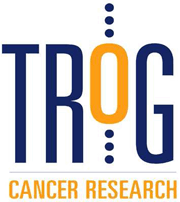Information on Radiotherapy
Radiotherapy means using x-rays and similar rays (called photons) to treat disease. It works by destroying the cancer cells in the treated area. Cancer cells are more susceptible to dying than normal cells are when they are irradiated. Normal cells are sometimes affected, but they can repair themselves more effectively.
Radiotherapy can cure some cancers and can lessen the chance of cancer coming back after surgery, but it can also cause side effects. It can be used to reduce cancer symptoms.
Like many treatments, radiotherapy has side effects, both short-term and long-term. Most patients develop redness of the skin in the treated area. This normally heals within a month of completion of radiotherapy. It can rarely cause an inflammation of the lung, which can lead to shortness of breath and rib fractures.
These serious complications are very rare and doctors and radiographers have great experience in using radiation accurately and effectively in cancer treatment.
You can find out more about radiotherapy by visiting the Macmillan website:







